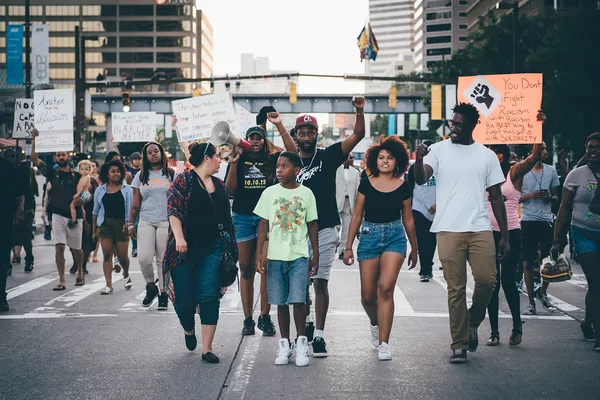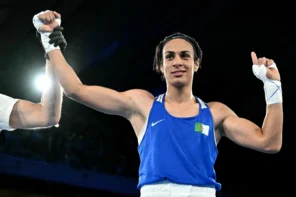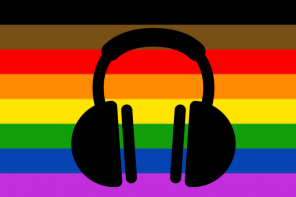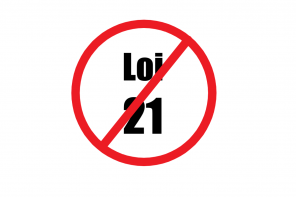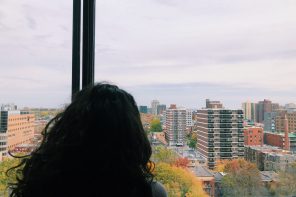On November 1, Kirsnick Khari Ball, more widely known as Takeoff, was fatally shot at a private gathering in Houston, Texas. Ball was a member of the rap trio Migos, a music group that produced many hit songs such as “Versace”, “Motorsport”, and “Fight Night”. Deaths by gun violence are too common in the hip hop community, with many other young Black artists passing in similar ways like Nipsey Hussle, PnB Rock, Tupac Shakur, and Notorious B.I.G. The frighteningly frequent deaths of many famous hip hop musicians—largely by gun violence, is indicative of a larger issue: systemic racial inequality that leads to even the richest and most talented people trapped in a cycle of violence. Many important figures have defended the industry and spoken out against the demonization of hip hop music and culture. At a press conference for Ball’s fatal shooting, Houston Police Chief Troy Finner said “Sometimes the hip-hop community gets a bad name, and I know[…] a lot of great people in our hip-hop community and I respect them[…] we all need to stand together and make sure nobody tears down that industry.”
The trend of violent death among young Black artists is unique in its intersectionality with race. It is not that tragic deaths at a young age are exclusive to the Black artists community, but rather that race adds another dimension that must be acknowledged. People are quick to demonize hip hop artists in these situations and attribute their death to their willingness to engage in dangerous behavior. But, Ball was widely known to be nonviolent and respectful and, after the shooting, the Houston Police Department was flooded with calls providing testimonials to his character.
The frighteningly frequent deaths of many famous hip hop musicians—largely by gun violence, is indicative of a larger issue: systemic racial inequality that leads to even the richest and most talented people trapped in a cycle of violence.
This false narrative is dangerous because it diminishes the tragic nature of these frequent and unexpected deaths. It places the blame on the individual and fails to acknowledge the bigger picture: that these deaths are reflective of the issues faced by Black communities all across America. In discussions surrounding Ball’s passing, A.R. Shaw, a trap music historian, stresses that gun violence in Black communities is widespread and can be attributed to generations of systemic oppression and hardship. Shaw says, “I want to kind of get that notion out there that it just didn’t happen overnight; that these are years of neglected communities and abuse that has occurred in communities of color, particularly, and this is the repercussions of that.”
It places the blame on the individual and fails to acknowledge the bigger picture: that these deaths are reflective of the issues faced by Black communities all across America.
These self made artists are not willingly putting themselves in vulnerable positions, but rather are naturally exposed to high levels of violence when visiting home, attending private gatherings, or engaging in activities that should not necessarily expose them to danger. Deaths of famous and successful Black hip hop artists exposes the systemic aspect of racial inequality. Ball’s newfound, self made success could not change his fate or reduce his vulnerability to gun violence. Because of this, we must consider these losses as a reflection of the systemic inequalities faced by racial minorities. Incidents like this shine a light on the vulnerability that follows minorities wherever they go, no matter how much success or money they make for themselves. The hardship they may have faced in their community growing up often follows them into adulthood.
Takeoff was overly aware of his potential fate. A week before his passing, he sat down with Drink Champs for an interview about his new music. In the conversation he said “It’s time to give me my flowers, I do not want them later on when I am not here.” He displayed a certain familiarity with his own death, an overt awareness of the potential for a short life. Takeoff’s comment in his interview a week before his passing, along with the lyrics of many rap songs written by Black artists, display the deep understanding of the potential for their own unexpected passing. Other famous rappers are quoted with similar predictions about their own death, with artists like Notorious B.I.G. and Tupac Shakur writing frighteningly similar lines about being shot and murdered. This hyperfixation on one’s own violent death is not overtly present or dominant in music written by other communities. Lyrics regarding violence in many rap songs are not because these artists have an affinity for these topics but rather they are acutely aware of the role they play in their lives. They are simply writing about what they have been exposed to.
Incidents like this shine a light on the vulnerability that follows minorities wherever they go, no matter how much success or money they make for themselves.
The sudden death of Ball and many other young, Black artists is reflective of the larger, systemic inequalities that are constantly at play, regardless of their socioeconomic status. The frequent passing of young and talented artists give insight into the vulnerabilities of Black people and are hopefully taken as an opportunity to reconsider your preconceived notions about the hip hop community.

